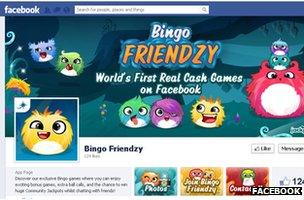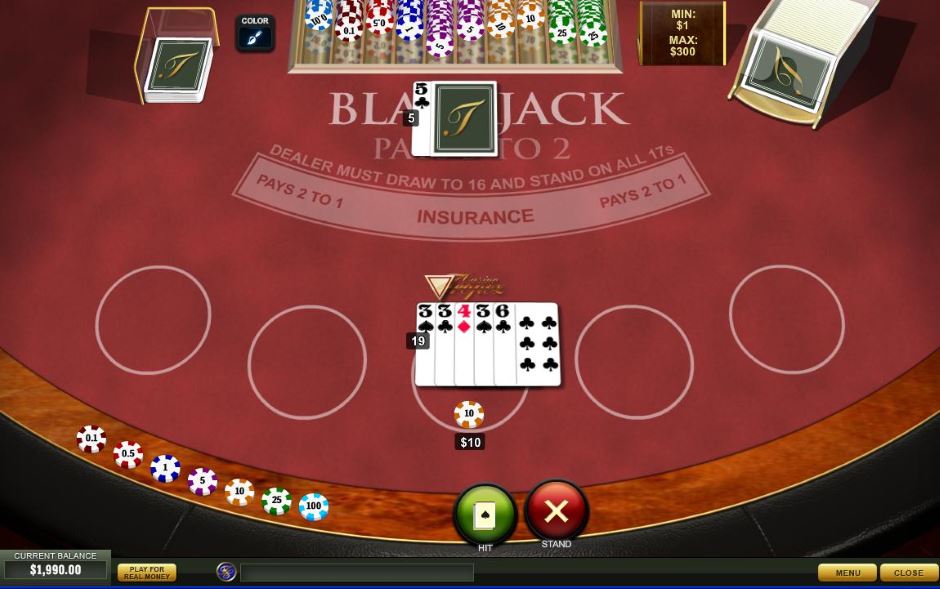By
Cash App is an excellent option for online gambling deposits. The payment service allows you to deposit and withdraw right from your mobile device. Most casinos accept Cash App because of its Bitcoin exchange feature. So if you want to pay with Bitcoin at an online casino, then you will find Cash App a ready service. Real Money Casino Apps Mobile casino gaming is quickly becoming one of the most popular forms of online gambling. It wasn’t too long ago that you could only play casino games — such as slots, roulette and blackjack — on your desktop or laptop. If you go even further back, you’d have to visit a live casino to play them at all.
Hanna KozlowskaInvestigative reporter
Update: Quartz and its reporters have heard from many people who say they have been victims of scams on the Cash App platform. Unfortunately, we’re not able to help everyone directly. Please report these incidents to the company and to the social media sites involved, such as Twitter or Instagram.

Gambling Apps Real Money
Reyna is a teenager in Florida whose family is strapped for cash amid the economic slowdown caused by the coronavirus. When the uber-popular beauty influencer Jeffree Star tweeted that he’d be giving out $30,000 via payment service Cash App to a random person who retweeted him, she did just that.
Star’s offer seems to have been legitimate—and drummed up a lot of attention for the influencer. A woman actually won the $30,000, and Reyna missed out.
But then another Twitter user messaged Reyna asking whether she wanted to get $250, she told Quartz. “My goal is to help those in need or need emergency cash,” the person said. The catch was that she’d have to pay $25 first. “Your deposit along with our other earnings allows us to immediately send you your payment,” the person said. Reyna sent the cash, and that’s when the Twitter user blocked her, and her money was gone, she said. The user in question did not respond to Quartz’s request for comment.
What happened to Reyna is a popular Cash App scam called “cash-flipping,” according to Satnam Narang, researcher at the cybersecurity company Tenable. Con artists are taking advantage of the coronavirus by pretending they are helping the needy. While Reyna simply got a direct message to lure her in after she expressed interest in a legitimate giveaway, other scammers have been promoting fake giveaways in public tweets adding “#coronavirus” in order to reach more people. Sometimes they will request money through Cash App pretending that it’s a verification mechanism. “They’ll say, you won this giveaway, send us $10 to verify to win 500 bucks,” Narang said.
The scammers say they have a special way of modifying the transactions through payment applications like Cash App, Paypal, Zelle, Venmo, or Apple Pay, Narang wrote in a blog post explaining the scams. “All they ask for is that the recipient share the initial cut with them for providing them this so-called service.” This, of course, is all made up.
The scams stem from Cash App’s own practice of regular cash giveaways to its users, Narang told Quartz. Scammers started replying to Cash App’s tweets promoting its giveaways, such as “Cash App Friday,” with their fake giveaways, or add hashtags to their tweets normally associated with the real giveaways. Getting money from a giveaway on Cash App is called a “blessing.”
Cash App Friday is an enigmatic phenomenon that the company doesn’t reveal much about. Julia Glum writes in a lengthy exposé for Money.Com that the weekly exchanges were originally popularized by users encouraging others to gift them money for haircuts or manicures. In 2017 Cash App embraced the idea and started giveaways of its own, offering a great way to promote its business. Cash App Friday tweets garner tens of thousands of replies.
Cash-flipping on Cash App was not born during the coronavirus, but that more people are giving out and needing money in recent weeks provides fertile ground for exploitation.
“[Coronavirus] is a prime opportunity for scammers because they know that so many people are tuned in and they’re worried, they’re scared,” Narang said.
“With everything going on it’s hard to have food in our home—we have a lot of people in our house, our mom has three kids,” Reyna told Quartz.
Twitter users have been warning others against similar scammer accounts:
Narang said the scammers’ tweets sometimes stay up for several days.
Cash App Customer Service


“This behavior is absolutely against our rules and outlined as such here,” Twitter spokesperson Lauren Alexander told Quartz in an email. Users who see such scams should go to the “suspicious and spam” category—although to Reyna, this path was not obvious, and she had the impression there was no way to report the wrongdoing to Twitter.
Eitan Bencuya, a spokesperson for Square, Cash App’s parent company, said in an email:
We are aware of social media accounts that claim to be associated with Cash App. We have been working with Twitter and Instagram to deactivate all accounts that seek to take advantage of our customers or infringe our intellectual property rights (eg: use our name or logo without permission).
As a reminder, the Cash App team will never ask customers to send them money, nor will they solicit a customer’s PIN or sign-in code outside of the app. Additionally, Cash App currently has only two official Twitter accounts, @cashapp and @cashsupport, both of which have blue, verified check marks. If you believe you have fallen victim to a scam, you should contact Cash App support through the app or website immediately.
Whether the user can get their money back depends on the situation, the company said, without much more detail.
The coronavirus pandemic, like most other crises, has attracted various scammers and fraudsters, whether its those hawking fake cures or tests, jacking up the prices of essential supplies like masks, sending phishing emails, or offering unsound investments.

Let us know if you know more.
If you have information or insights about dubious activities on social media platforms, the Quartz investigations team is interested. Here’s how to reach us:
- Email (insecure): investigations@qz.com
- Signal (secure): +1 929 202 9229
- More options: qz.com/tips/